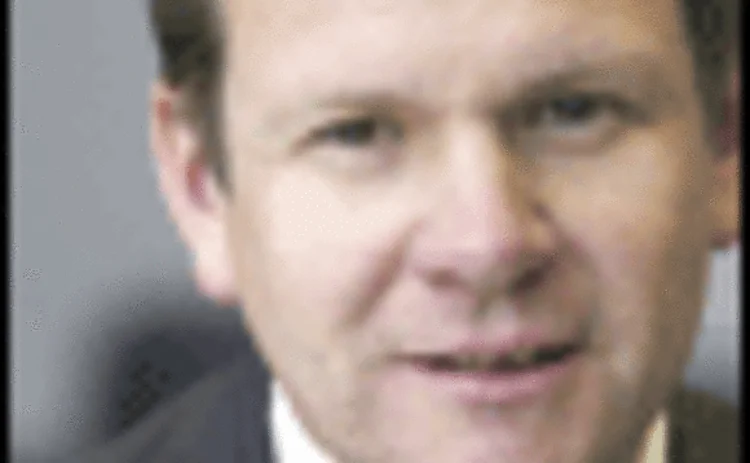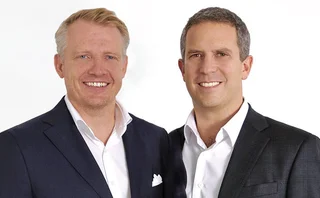
Risk and responsibility
A growing number of banks are producing sustainability reports detailing their environmental and socially responsible initiatives. Is this just slick PR or has sustainability become an important risk management consideration? Clive Davidson investigates

Last month, HSBC announced it had gone 'carbon-neutral' – it had cut its carbon dioxide (CO2) emissions to zero by a combination of reducing energy consumption, buying electricity from non-CO2 emitting sources (so-called green energy), and investing in projects such as reforestation that absorb the equivalent of its outstanding emissions.
Elsewhere, after publishing a sustainability report in July
Only users who have a paid subscription or are part of a corporate subscription are able to print or copy content.
To access these options, along with all other subscription benefits, please contact info@risk.net or view our subscription options here: http://subscriptions.risk.net/subscribe
You are currently unable to print this content. Please contact info@risk.net to find out more.
You are currently unable to copy this content. Please contact info@risk.net to find out more.
Copyright Infopro Digital Limited. All rights reserved.
As outlined in our terms and conditions, https://www.infopro-digital.com/terms-and-conditions/subscriptions/ (point 2.4), printing is limited to a single copy.
If you would like to purchase additional rights please email info@risk.net
Copyright Infopro Digital Limited. All rights reserved.
You may share this content using our article tools. As outlined in our terms and conditions, https://www.infopro-digital.com/terms-and-conditions/subscriptions/ (clause 2.4), an Authorised User may only make one copy of the materials for their own personal use. You must also comply with the restrictions in clause 2.5.
If you would like to purchase additional rights please email info@risk.net
More on Environment-Renewables
European Parliament vote on carbon market reforms seen as bullish
Energy traders welcome reforms seen as shoring up ailing EU carbon market
Modelling the financial risks of wind generation with Weibull
The manner in which wind generation can affect the half-hourly APX price is discussed
EU TSOs need carrot to tackle congestion – EEX's Reitz
Power grid operators and capacity mechanisms seen as impeding cross-border trade
Q&A: Ercot's Doggett on wind power surge and EPA rules
Outgoing president and CEO discusses challenges posed by renewables in Texas
EU power traders rail against national interventions
Capacity and renewables schemes deterring investment, say panel participants
Weather house of the year: Munich Re Trading
Weather derivatives specialist wins praise for consistent, high-quality service
Emissions house of the year: CF Partners
Specialist knowledge of carbon market is crucial to company's success
Asian emissions markets seen as step in right direction
China and South Korea emissions schemes show promise, say industry groups







